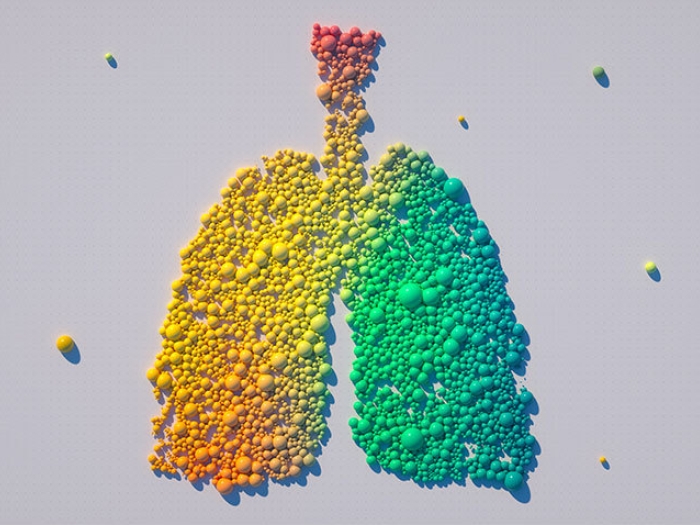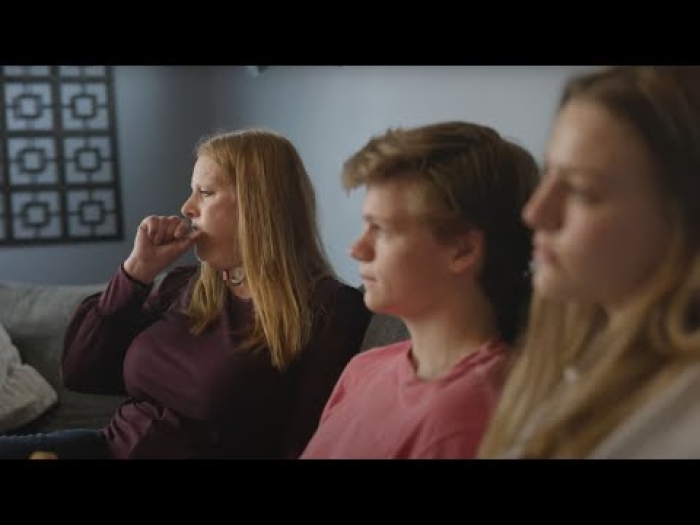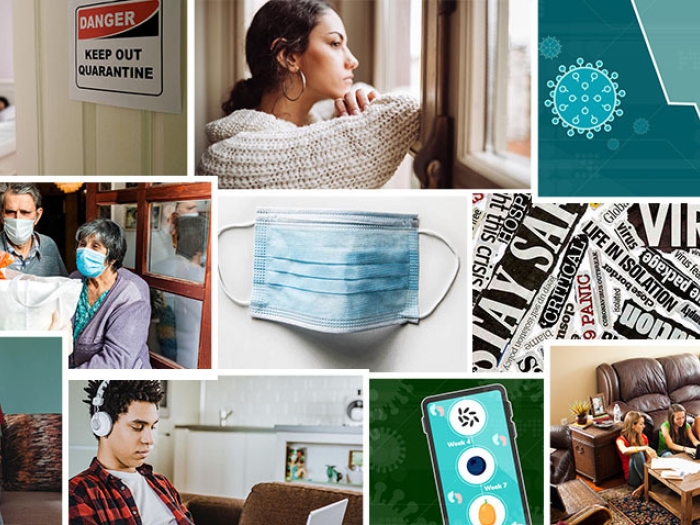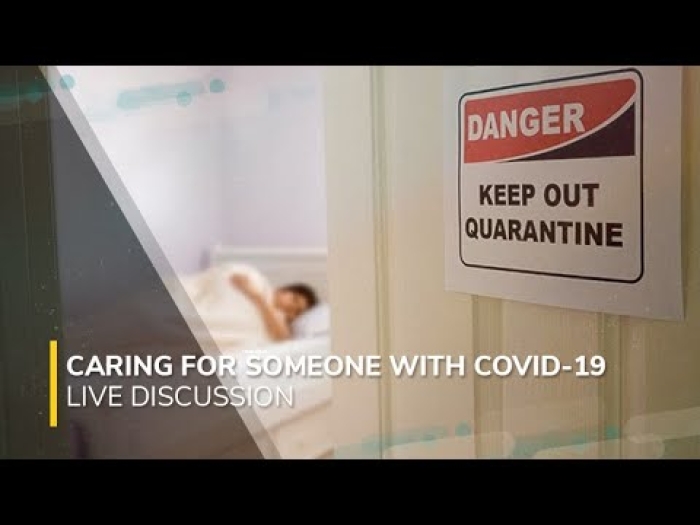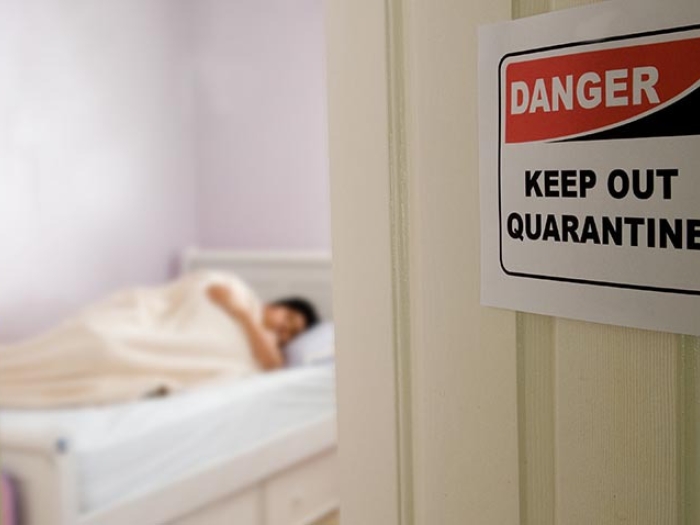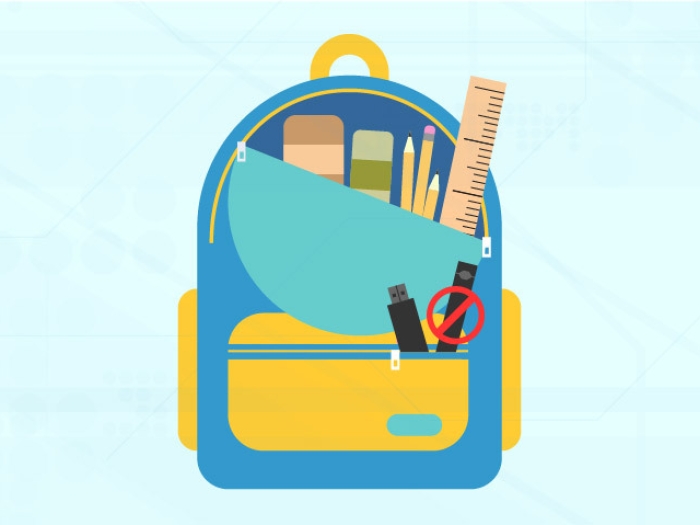Experts offer advice for living in hazardous ranges
3:49 PM
Author |

This article originally ran on September 18, 2020 and was updated on January 8, 2025.
One of the unfortunate effects of climate change is an increase in the number and intensity of wildfires.
Air pollution and resulting poor air quality from wildfires is becoming an increasingly common occurrence, pushing the Air Quality index—a numerical system running from 0 to 500 used by the EPA to report air quality—in many areas of the country into the unhealthy and very unhealthy ranges.
MeiLan Han, M.D., chief of pulmonary and critical care at University of Michigan Health and spokesperson for the American Lung Association, as well as Alexander Rabin, M.D., also a pulmonary and critical care doctor, discuss what this means and how you can cut down on your risk of illness due to exposure to poor air quality.
What does breathing "very unhealthy" air do to the lungs?
For patients with lung diseases such as asthma or chronic obstructive pulmonary disease, air pollution can make it immediately hard to breathe.
For children and teenagers, air pollution can impact lung development.
For individuals with cardiovascular disease, particle pollution can actually increase the risk of heart attacks and strokes.
Yet, even when the Air Quality Index reaches an unhealthy range, the health of people without underlying conditions can also be impacted.
Rabin says air quality is always a good enough reason to evacuate wherever you are, if possible, especially if you're part of a vulnerable population.
How can people protect themselves when the air quality is dangerous?
Limit the amount of time spent outside, if possible, when the Air Quality Index is high.
If you must go outdoors, try to limit exercising that requires you to take repeated, large breaths but if air pollution is high outside, avoid exercising outdoors.
Wearing an N-95 mask outdoors can also help to mitigate risk when you must go outside.
Turning the air re-circulator on in your car can also provide added protection from soot and smoke.
If you have central air conditioning in your home, running it will also help to limit the amount of air pollution from outdoors circulating inside.
If you don’t have one, you can build an air filter at home for around $25.
People at particularly increased risk from harmful effects of smoke include pregnant people, children, older adults and those with chronic health conditions or who are immunocompromised.
However, when the Air Quality Index reaches the “unhealthy” zone, even those without underlying conditions may begin to notice difficulty breathing or burning sensations in their eyes and throat.
Rabin does note that, in general, only a couple days of exposure to smoke is unlikely to have long term effects for healthy people.
What symptoms, if present, would you suggest people seek medical help for when air quality is poor?
Anyone who is experiencing significant respiratory difficulties should seek immediate medical attention.
In patients with an underlying lung condition like asthma, they should keep a rescue inhaler on hand.

Explore a variety of health care news & stories by visiting the Health Lab home page for more articles.

Department of Communication at Michigan Medicine

Clinical Associate Professor

Professor
Want top health & research news weekly? Sign up for Health Lab’s newsletters today!
